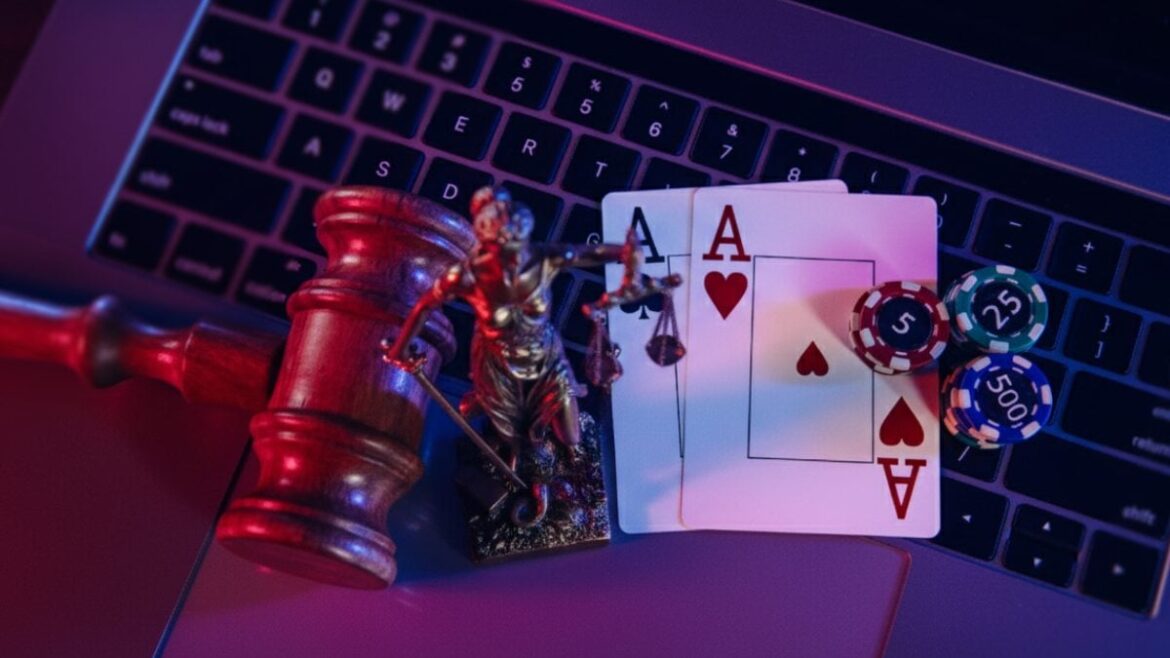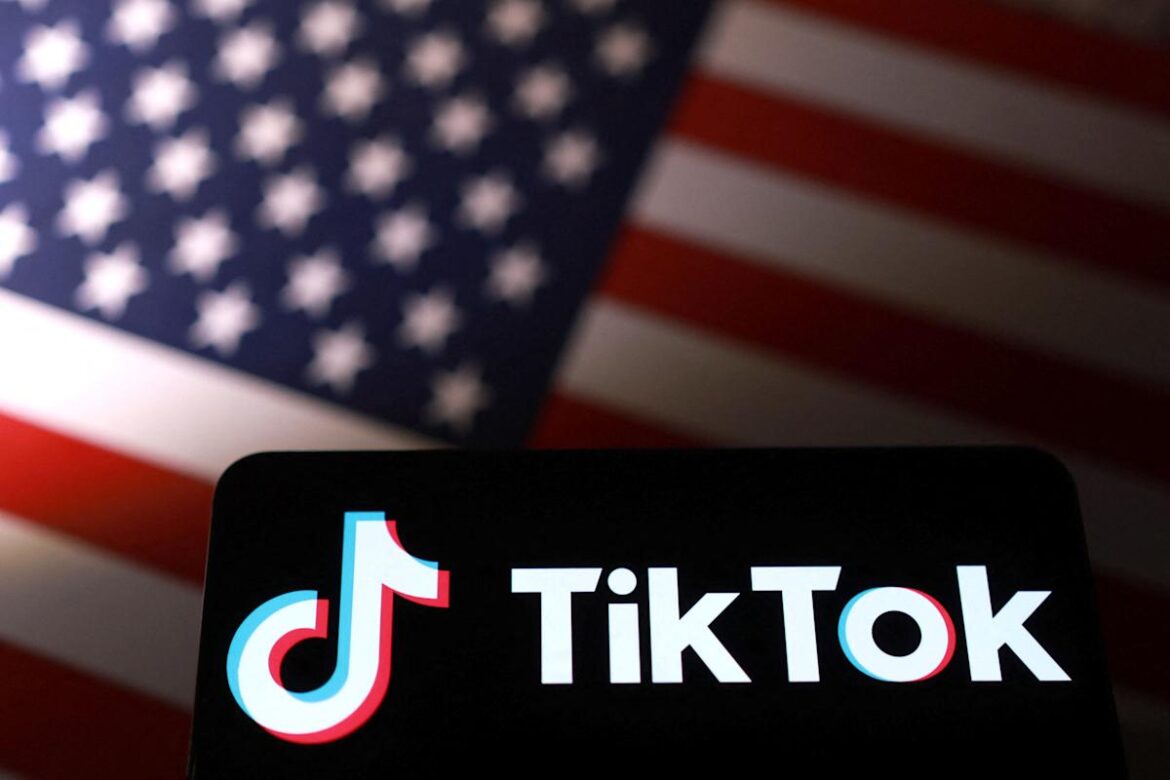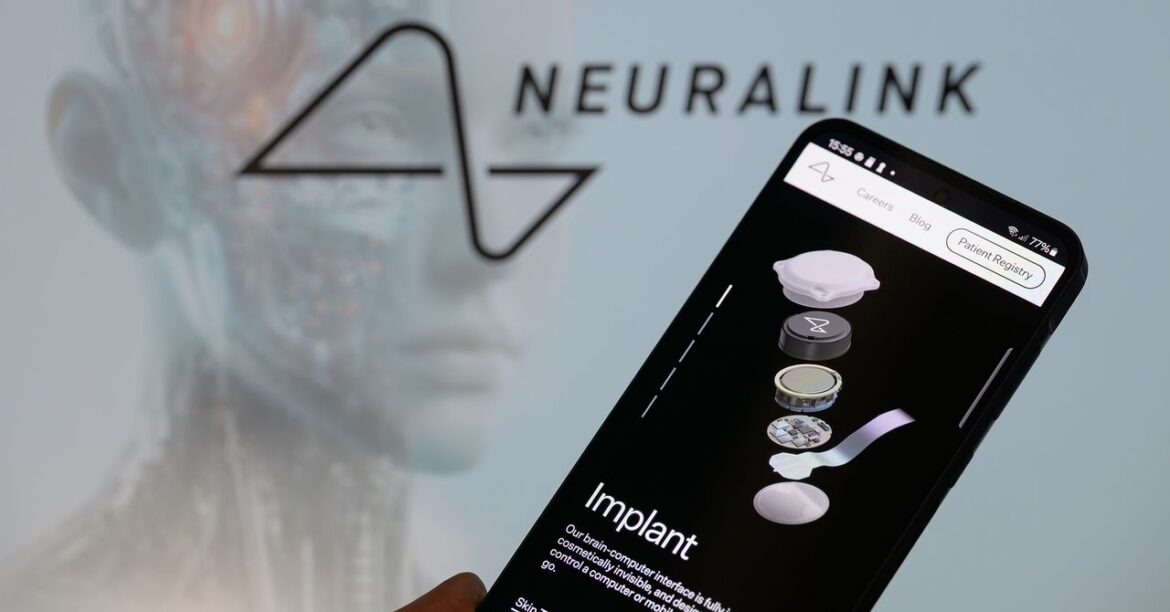In brief
- The DOJ under Pam Bondi demanded Apple take down ICEBlock, while Google pulled down Red Dot citing safety.
- ICEBlock creator Joshua Aaron called the removal a violation of First Amendment rights.
- Aaron warned that constitutional rights are “being stripped away” and vowed a legal fight.
Bowing to federal pressure, Google and Apple yanked two popular apps, ICEBlock and Red Dot, that let users crowdsource reports of U.S. Immigration and Customs Enforcement activity, citing officer safety after a deadly sniper attack at an ICE field office in Texas.
On Thursday, Google and Apple both removed the Red Dot app. Apple also pulled the iOS-specific ICEBlock app after the U.S. Department of Justice under Attorney General Pam Bondi formally demanded its removal. Bondi said in a statement to Fox News that the app “is designed to put ICE agents at risk just for doing their jobs,” and vowed to protect federal law-enforcement officers.
Joshua Aaron, creator of ICEBlock, said Apple’s removal blindsided him.
“The app was thoroughly vetted for three weeks by Apple’s legal and senior officials before approval,” he told Decrypt. “It’s been fine all this time. For them to do it now, that’s why I say I’m so disappointed.”
Aaron, a software developer and the lead singer of the rock band Stealing Heather, released ICEBlock in April. In July, as ICE operations ramped up across the United States, ICEBlock went viral after being called out by Bondi, who called it a tool for “signaling to criminals where our federal officers are.”
Aaron said Apple has not reached out to him or given him a chance to appeal the decision.
“Apple has not called me, even though we were number one in the App Store for weeks and had 1.14 million users that counted on this every single minute of their day,” he said. “They just gave me a letter that said we received information from law enforcement that your app is targeting or harming law enforcement officials.”
Aaron compared ICEBlock to mainstream navigation tools like Apple Maps, Google Maps, and Waze.
“To somehow say that ICEBlock is doing anything different than that is ridiculous,” he said.
Federal pressure intensifies
Apple’s removal came after Bondi’s DOJ formally asked for the app to be pulled, citing officer safety.
“We created the App Store to be a safe and trusted place to discover apps. Based on information we’ve received from law enforcement about the safety risks associated with ICEBlock, we have removed it and similar apps from the App Store,” Apple told Fox News.
Google echoed that sentiment with its removal of Red Dot, going so far as to suggest to 404 Media that ICE agents are a “vulnerable group.”
“ICEBlock was never available on Google Play, but we removed similar apps for violations of our policies,” a Google spokesperson told Decrypt. The spokesperson, who said that the federal government did not reach out to the search giant, said the Red Dot app was removed due to “high risk of abuse” and rules around user-generated content.
On September 24, a sniper attack at an ICE facility in Dallas killed one detainee and injured two others. Authorities said the suspect was aiming for ICE officers and had searched his phone for tracking apps, including ICEBlock, before opening fire.
Aaron called the takedown a “First Amendment violation,” and said he plans to fight it in court and in the media.
“This is not some app taken down from the App Store; this is a tech company removing something that is clearly a First Amendment-protected app,” he said. “There’s nothing illegal about developing it. There’s nothing illegal about using it. They are now deciding what you can and cannot use on a device that you own.”
He also rejected Google’s description of ICE agents as a “vulnerable group.”
“They gave $170 billion to create their own paramilitary force in this country,” he said. “To say they’re in danger is laughable at best.”
Apple did not immediately respond to requests for comment by Decrypt.
Generally Intelligent Newsletter
A weekly AI journey narrated by Gen, a generative AI model.









